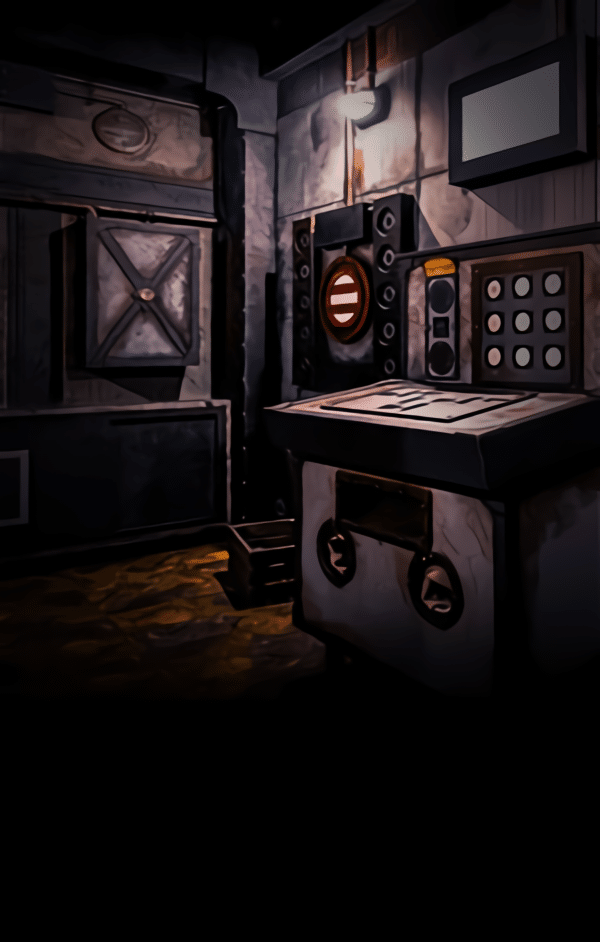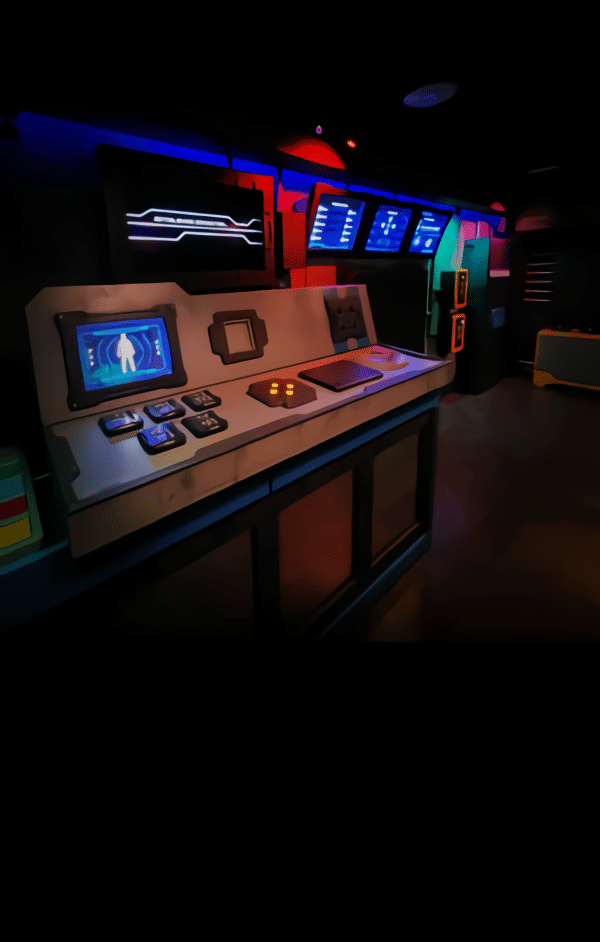What Skills Are Needed to Succeed in Escape Room New York Challenges?
Escape rooms have gained immense popularity as a fun and challenging group activity. Whether you are a seasoned player or a first-timer, understanding the essential skills required to succeed in an escape room New York experience can significantly enhance your chances of escaping within the time limit. If you’re planning to test your problem-solving skills, strategy, and teamwork, then Mission Escape Games offers some of the best challenges in the city. You can check out their immersive themes and book a game at escape room New York.
Critical Thinking and Problem-Solving
One of the most crucial skills for any escape room challenge is critical thinking. Escape rooms are designed to test your ability to analyze situations, recognize patterns, and find solutions quickly. Players will encounter a variety of puzzles, from numerical codes and word riddles to logic-based problems and hidden clues.
To sharpen your problem-solving skills, practice brain teasers, Sudoku, and logic puzzles. Additionally, approaching problems with an open mind and considering multiple solutions can improve your success rate.
Effective Communication
Clear and efficient communication is essential for a successful escape room experience. Since escape rooms are team-based activities, players must share discovered clues, explain their reasoning, and listen to each other. Miscommunication or withholding information can slow down progress and lead to unnecessary confusion.
A great way to improve communication is by assigning roles within the team. For example, one person can focus on organizing found clues while another works on decoding puzzles. This structured approach ensures that all team members contribute effectively.
Teamwork and Collaboration
Escape rooms are not meant to be tackled alone. A well-coordinated team that understands each other’s strengths will always have a better chance of success. Some players may be good at deciphering codes, while others might excel at noticing hidden details or solving riddles. Utilizing everyone’s strengths is key to unlocking the room’s secrets in time.
Building team synergy before the game can be helpful. Participating in group activities like board games or team-building exercises will strengthen collaboration skills and make the escape room experience smoother and more enjoyable.
Time Management
Every escape room has a strict time limit, often set at 60 minutes. Efficient time management is vital to ensure that no single puzzle takes up too much time. Players must balance speed with accuracy, moving from one challenge to another without getting stuck for too long.
A good strategy is to set internal time limits for each puzzle. If a clue proves too challenging, the team should move on and return to it later if time permits. Additionally, prioritizing easy-to-solve puzzles first can boost morale and make progress more manageable.
Attention to Detail
Escape room designers often hide critical clues in plain sight. A key skill to develop is keen observation and attention to detail. Clues can be embedded in artwork, hidden in books, or even disguised as part of the room’s decor.
Players should thoroughly scan the environment and examine every object with curiosity. Checking drawers, flipping through papers, and inspecting unusual patterns may reveal valuable hints needed to advance in the game.
Logical and Analytical Thinking
Escape rooms frequently include puzzles that require logical reasoning and analytical thinking. These challenges can involve linking related clues, recognizing patterns, or deducing missing information from given data.
Developing analytical skills can be done through activities like chess, riddles, or lateral thinking exercises. Thinking critically and connecting pieces of information methodically will significantly improve a team’s chances of escaping successfully.
Ability to Stay Calm Under Pressure
The adrenaline rush and ticking clock can make escape rooms stressful, but keeping a cool head is essential. Players who panic or become frustrated are more likely to miss obvious clues or make mistakes.
To stay composed, practice relaxation techniques such as deep breathing and positive reinforcement. If the team encounters a difficult puzzle, taking a short pause to reassess the situation can prevent unnecessary stress and keep morale high.
Adaptability and Open-Mindedness
Escape room challenges are unpredictable, and players need to be flexible in their approach. Some puzzles may not have obvious solutions, and certain clues may require unconventional thinking.
Being open to different perspectives and adapting strategies as new information becomes available can make a significant difference. Sometimes, the most unexpected solutions turn out to be the correct ones.
Conclusion
Mastering these skills will undoubtedly improve your performance in an escape room New York challenge. Whether you are tackling puzzles, coordinating with teammates, or managing time effectively, each skill plays a vital role in ensuring a successful escape. At Mission Escape Games, a variety of themed rooms provide immersive experiences that test your mental agility and teamwork. To put your skills to the test, book your adventure at escape room New York today.
Frequently Asked Questions (FAQs)
1. What is the best strategy for solving puzzles in an escape room?
The best strategy is to divide tasks among team members and communicate efficiently. Assign roles based on each person’s strengths, and avoid spending too much time on a single puzzle. If a clue seems unsolvable, move on and return to it later with fresh eyes.
2. How many people should be on a team for an escape room in New York?
Most escape rooms recommend a team size of 4-6 players. This allows for a good balance of perspectives while preventing overcrowding. However, some rooms can accommodate larger groups, while others offer experiences for pairs or solo players.
3. Are escape rooms in New York difficult?
Escape room difficulty varies depending on the theme and design. Some rooms cater to beginners with simpler puzzles, while others challenge experienced players with complex riddles and multi-step problem-solving tasks. Checking the difficulty level before booking can help match the experience to your skill level.
4. Can I play an escape room if I’ve never done one before?
Absolutely! Escape rooms are designed to be engaging for both beginners and experienced players. Many venues, including Mission Escape Games, offer different levels of difficulty to accommodate various skill sets. First-time players can benefit from starting with beginner-friendly rooms before progressing to advanced challenges.
5. What themes are available at Mission Escape Games in New York?
Mission Escape Games offers a variety of immersive escape room themes, such as adventure, mystery, and horror. Each theme presents unique puzzles and challenges that require different strategies to solve. You can explore available themes and book your experience here.
With the right skills and a great team, you can take on any escape room New York challenge and emerge victorious. Get ready for an unforgettable adventure!
Read: What Are the Best Locations for Escape Room New York in Manhattan?
Read: Can Escape Room New York Be Customized for Birthday Parties?









